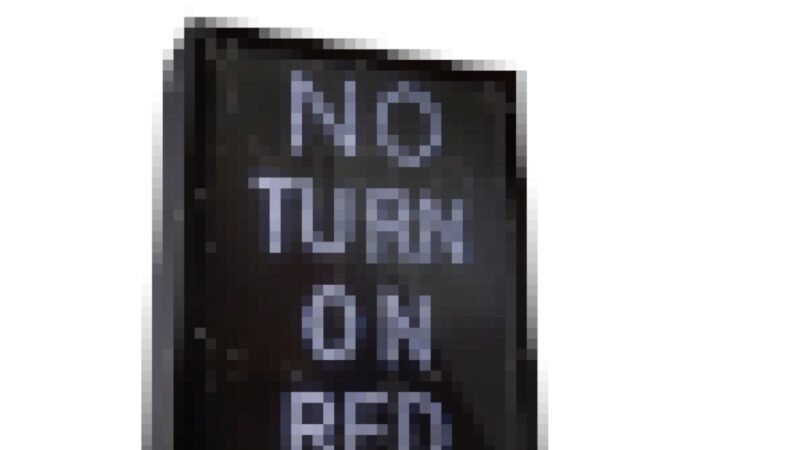June 15, 2022
Almost two decades before he created Bob’s Burgers, Loren Bouchard was co-producing Home Movies with Brendon Small on Adult Swim. The show follows an eight-year-old aspiring filmmaker—Brendon—who comes from a mixed, somewhat unstable suburban family and forms a strange pseudo-paternal relationship with his alcoholic, hot-tempered soccer coach—Coach McGuirk. In this scene, McGuirk teaches Brendon the art of the sucker punch.
History was and is violent. Even though violence and war seem not to accomplish anything but chaos in our “post-historical” age, violence still exists as an overflow from our sense that something is fundamentally unjust (even if we do not know what it is). Increasingly, as virtual media inserts itself onto the geopolitical stage (e.g. January 6, 2021), media is quickly becoming more consequential than any geopolitical violence itself. This new genre of media zealotry—propaganda and violence against the traditional rational, democratic order in righteous service to a just cause—is becoming standardized global practice.
Without the old stable political, historical, or religious referents to guide the modern nation-state, all parties on the international stage have accepted the public relations framework (new propaganda) as basic operating procedure for interpretation and understanding of the present. Consider that the Russo-Ukrainian war, for us in the West, is primarily fought between competing interpretations of the combatants’ success: Russia publishes its history on RT, Ukraine and the West on CNN and NPR.
The American right continues winning because they permit themselves to openly play this game (history and geopolitics are superfluous trivialities subject to the legacy of crude Evangelical metaphysics). The democratic left, on the other hand, mostly flounders in its need to appeal to (or at least appear to) a rational, political order which no longer exists.
Our age is “post-historical,” in one sense, for how often we attempt to evaluate the present as it may or will be seen by a future historical gaze. That is, we attempt to find stability by seeing our present as it may be seen by a not yet existing future generation.
Bouchard and Small were known to refer to their writing style (previously used on Dr. Katz) as “retro-scripting.” Following this methodology, scripts are purposely left vague with loose scenes or outline. Dialogue is left to the improvisation of the cast, and the scenes are later stitched together, animated and given coherence.
Like Home Movies, “history” itself is increasingly improvised by its actors, spilling forward entropically. It is written for us by retro-script, and adjudicated by embattled media networks whose narratives are validated by the accumulation of audiences. Like a fight where everyone fights dirty since they are (in McGuirk’s words) “already at the party,” newsrooms compete editorially to make sense of the script-less, often ruleless, improvisation of geopolitical actors.
The interpretation is now of more consequence, and influential, than actions themselves.
In one hundred years, proper histories of our time will not proceed from geopolitical forces to expressions in our media, but from our media to its overflow into our geopolitics.




